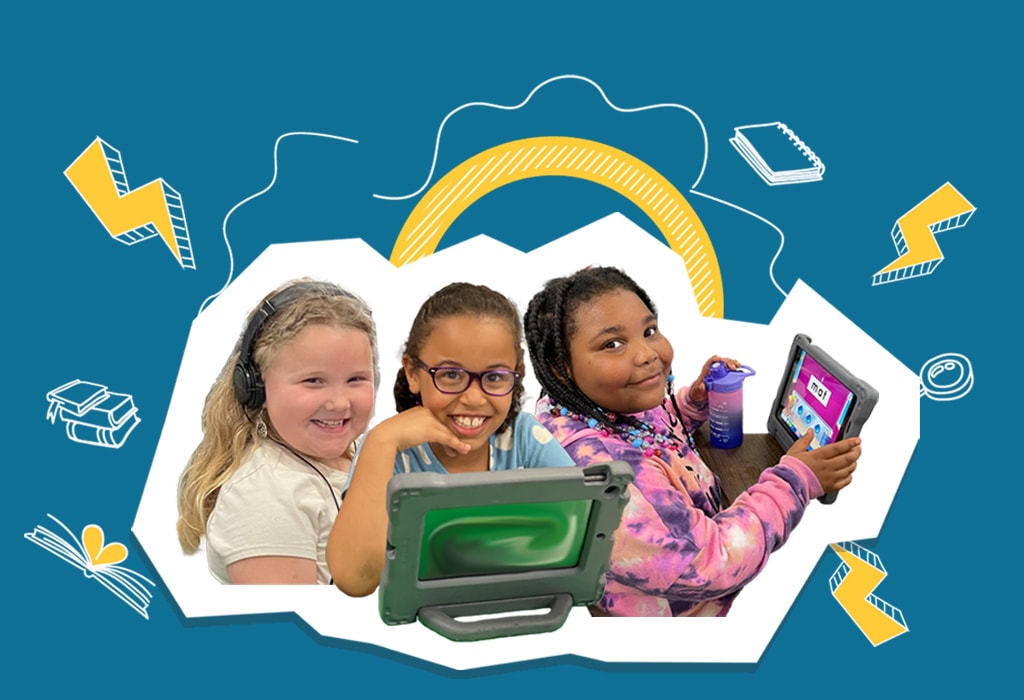Every child deserves equitable access to high-quality early learning experiences that will put them on a successful path in school and life. Explore Waterford’s adaptive reading, math, and science programs for PreK-2 learners.

Waterford.org software is intentionally designed for young learners and provides effective and engaging lessons that children love, helping them start school strong.
Waterford learning software provides fun and engaging lessons in reading, math, and science that adapt to each learner.
We complement our software with access to coaches or local community leaders who help families make our programs as easy as possible to incorporate into their daily routines.
Our tools support your teaching seamlessly, allowing you to focus on what matters most – your students. Our adaptive program, backed by research, ensures tailored instruction for individual and whole-class instruction, supported by comprehensive resources for families, educators, and learners.
Waterford.org continuously gathers insights from diverse stakeholders and communities to shape our programs and services. Our partnerships are built on respect, cultural appreciation, mutual benefits, and a commitment to sharing and seeking information. This allows solutions to be tailored to a community’s unique needs while supporting children on their learning path.